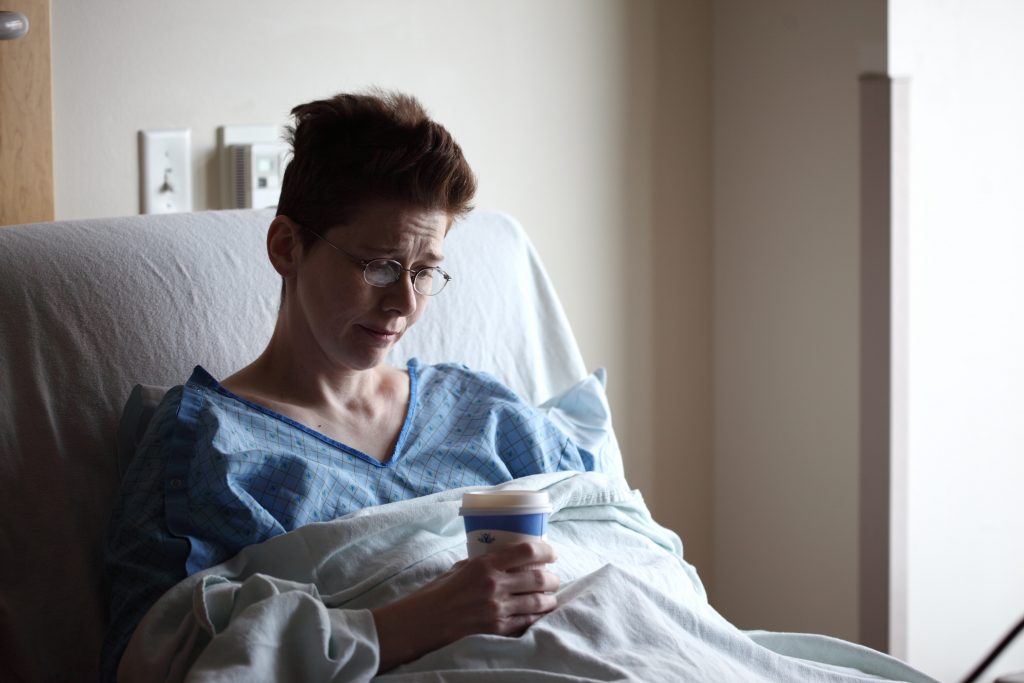All fields are required
Posted in Our Blog on November 20, 2020

Getting the maximum amount of money you are entitled to after suffering from a severe case of food poisoning is important, especially when someone else’s negligence has made you ill. Restaurants and any other party involved in the chain of distribution of food, have an obligation to sell products that are safe to consume. When they fail, you may have the right to file a lawsuit to recover the following damages.
Economic damages, also known as special damages, are intended to reimburse a victim for their tangible losses. Those include:
All past and future costs of medical treatment should be fully covered. For a short-term illness such as food poisoning, that will typically include a hospital stay or doctor visits and prescription medication. Expenses for requiring transportation assistance to get to your doctor’s appointments should be compensated for as well.
You may need to take time off from work or go on unpaid leave while you recover. Future lost wages or what’s known as lost earning capacity can also be included, if you cannot return to work or must go into a different line of work. This typically occurs when food poisoning causes permanent injuries or a disability. Lost earning capacity is a projection of future losses, or the reduction in pay from your old and new jobs.
Non-economic, or general damages, represent the monetary value assigned to the harmful effects of food poisoning upon a person’s life. Their value can be difficult to calculate, since they are subjective and not direct economic losses. For example:
Compensation for the physical pain or discomfort you endured as a result of your foodborne illness. It is stressful and can be emotional when you are no longer able to perform your usual daily tasks. Keeping a journal or record of how your pain is interfering with your life can be helpful when it comes to determining your case’s value. Insurance companies will sometimes use the multiplier method to find an appropriate monetary amount for pain and suffering damages. This formula involves multiplying your economic damages by a number between 1.5 and 5, dependent on the seriousness of your injuries.
Emotional distress or mental anguish are terms used to describe the negative emotions that are a by-product of having to endure the physical pain of food poisoning. For example, sadness, anger, anxiety, depression, insomnia or post-traumatic stress disorder (PTSD).
If you suffered a disability or other physiological conditions from being sick, that can lead to embarrassment and avoidance of certain activities and situations.
Since being ill, you may have noticed a reduced quality of life or a decrease in your overall life satisfaction. Compensation can be recovered for your loss of enjoyment.
In certain cases, it may be possible to obtain punitive damages. Unlike the other types of compensation that are intended to cover actual costs and losses, punitive damages are designed to punish the liable party. They are typically awarded when the at-fault party’s actions consist of extreme carelessness or intentional wrongdoing.
Food poisoning is very common, and some people can suffer serious long-term problems and occasionally death. Approximately 3,000 people die from foodborne illness each year. If you have lost a family member due to a severe case of food poisoning, you have the option of bringing a wrongful death lawsuit for damages. Of course, money cannot replace your loved one, but it can address the financial impact of your loss, including:
The people who are typically allowed to bring a wrongful death lawsuit include the victim’s:
Each state has its own set of laws on which parties have the legal right to pursue a wrongful death claim.
Whether or not there are damage caps, which limit the amount of compensation you receive, will depend on the state where you file your food poisoning lawsuit. However, not a single state has a cap in place on economic damages. On the hand, there are a few states that do limit the amount of non-economic damages that can be awarded in most injury-related claims, as well as punitive damages.
It may seem unfair that the amount of money you receive can be limited, after having suffered from a foodborne illness. Those in favor of damage caps argue that they are a way to avoid excessive verdicts that are made based on emotions, rather than reason.
The last thing you need when you are recovering from food poisoning is to deal with the stress of filing a claim. Hiring experienced legal representation to advocate for you in a food poisoning lawsuit can relieve you of that burden and will greatly maximize the amount of compensation you receive. If you have already spoken with the at-fault party’s insurer, be sure to discuss any offer of settlement with a food safety attorney before agreeing to it. Insurance companies will often attempt to settle for a less than fair amount, and a food safety lawyer can ensure their offer is equivalent to the value of your claim.
Our legal team at the Lange Law Firm, PLLC has successfully represented food poisoning clients across the country. We offer free consultations and if you decide to hire us, there will be no upfront costs. We will only get paid when we recover compensation on your behalf. Contact us by calling (833) 330-3663 or submitting a request online.
Notifications